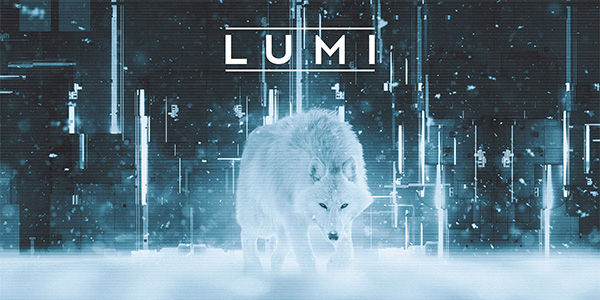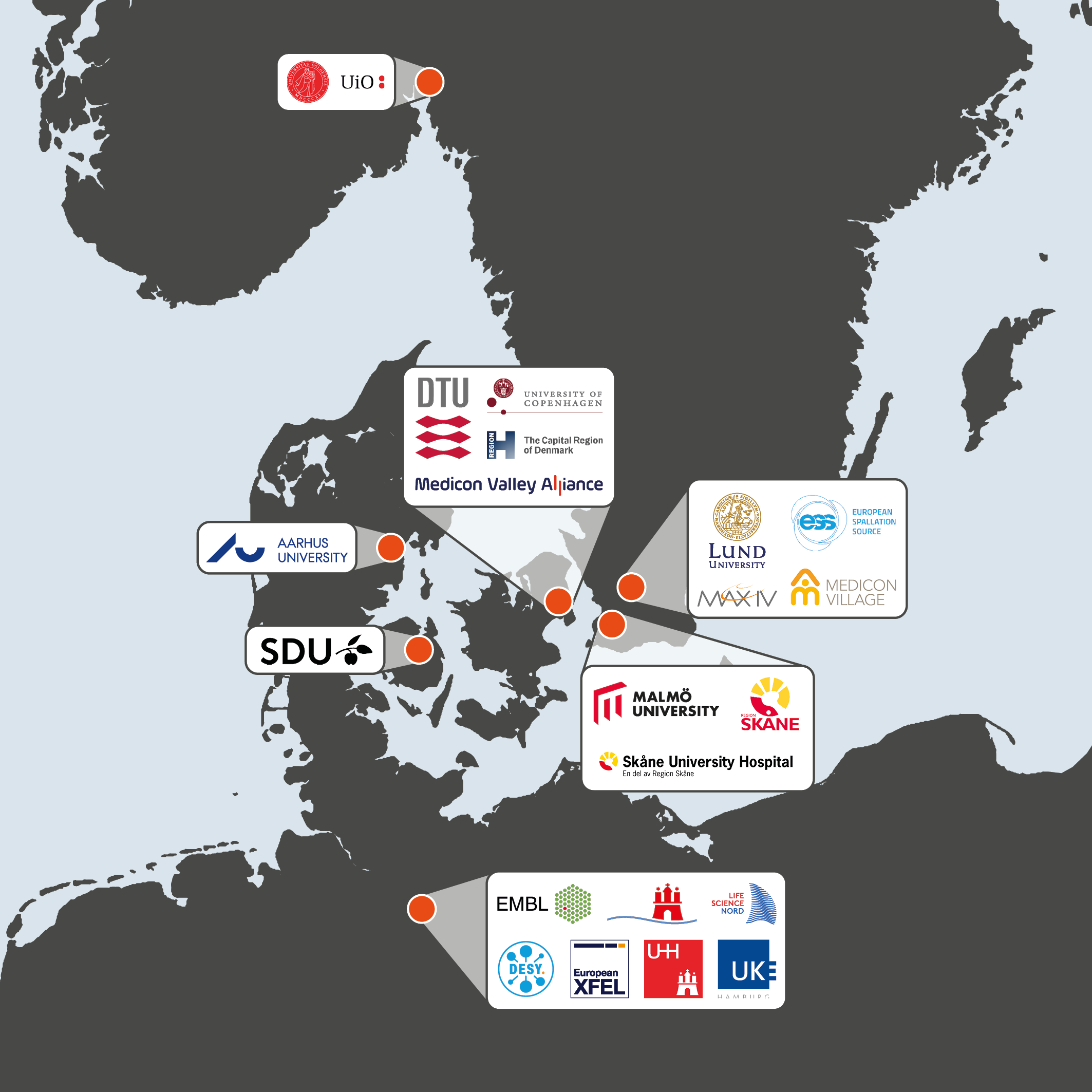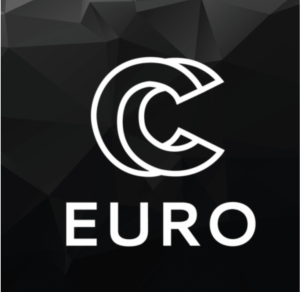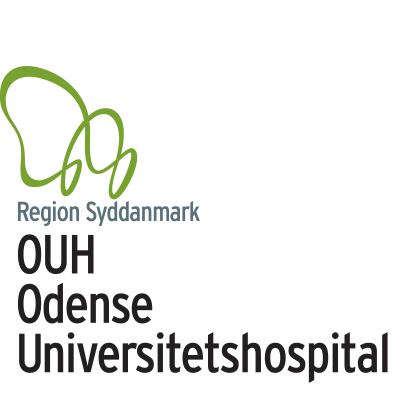
In 2018, the Danish universities together with the Danish Ministry of Higher Education and Science published Strategi for nationalt samarbejde om digital forskningsinfrastruktur with the purpose of strengthening cooperation between the universities when it comes to research e-infrastructure. In 2020, the new DeiC organization opened 5 calls to establish the national HPC services. The SDU eScience Center together with consortia partners AAU, AU and DTU signed collaborative agreements with DeiC (Danish e-infrastucture Coorperation) for the new HPC centers. The agreements include the establishment of four national HPC systems and a software development project for the national service portal. The eScience Center plays a coordinating role in the consortia for DeiC Interactive HPC (SDU, AU and AAU), DeiC Large Memory HPC and the DeiC Integration Portal (SDU, AU and DTU).

Access to the one of the fastest supercomputers in the world is not only a great opportunity for Danish researchers, it also bodes well for the part that Danish research will play in future breakthroughs in science. LUMI (Large Unified Modern Infrastructure) is a pan-European pre-exascale supercomputer, able to provide computing power of up to 552 petaflops. SDU and the other Danish universities participate in LUMI under DeiC, and at SDU, the eScience Center provides the related user support as part of the SDU Front Office.

The Hanseatic Life Science Research Infrastructure Consortium (HALRIC) consists of 21 members from Sweden, Denmark, Germany and Norway including hospitals, universities, research infrastructures, regional governments as well as life science organisations working closely with industry. The project’s total budget is 11.2 million €, which is covered by a grant of 6.6 million € from EU Interreg Öresund-Kattegat-Skagerrak (ÖKS), and by co-financing from consortium’s partners. The University of Southern Denmark is part of the HALRIC consortium, where the SDU eScience Center contribute to the development of the so-called Hanseatic Science Cloud (HSC). The ambition of HSC is to be the enabling factor that provides users from the Life Sciences, healthcare, and the tech-sector with a uniform entry point for easy and secure cross-border access to tools for the analysis of, access to, and collaboration on data. The project runs for three years (2023-2026).

European Digital Innovation Hubs

European Digital Innovation Hubs (EDIHs) are one-stop shops supporting companies and public sector organisations to respond to digital challenges and become more competitive. EDIHs combine the benefits of a regional presence with the opportunities available to a pan-European network. This regional presence leaves them well-placed to provide the services local companies need, through the local language and innovation ecosystem. The European coverage of the network facilitates the exchange of best practices across hubs in different countries as well as the provision of specialised services across regions when the required skills are not locally available. The SDU eScience Center participates in the Smart Energy Digital Innovation Hub (SEDIH) as an expert partner in High Performance Computing and cyber security.

The EuroHPC Competence Center (or EuroHPC CC) is a large EU-project, joining 34 European countries in the effort to develop and expand HPC competences in each country. The Danish branch of this project (Danish National Competence Center or DK-NCC) is a collaboration between the 8 Danish universities and DeiC. DK-NCC coordinates efforts to facilitate HPC activities, identify and develop HPC competences, especially amongst small and medium-sized businesses, and establish an HPC community in Denmark which encompasses industry, universities and public administration. Specifically, the SDU eScience Center was responsible for the collaboration with industry during the first phase of the project (from 2020-2022).

PRACE (Partnership for Advanced Computing in Europe) is an international non-for-profit association with 26 member countries that gives researchers access to a pan-European supercomputing infrastructure through a peer review process. PRACE’s mission is to enhance European competitiveness for the benefit of society and to strengthen the European industry’s use of HPC. The SDU eScience center was part of the PRACE-6IP project (2019-2022).

NeiC is a joint initiative between the Nordic countries that brings together needs, interests and resources in order to create excellent e-infrastructure for researchers in the Nordic Region. The strategic partner organisations are CSC (Finland), SNIC (Sweden), UNINETT Sigma2 (Norway), DeiC (Denmark), RH Net (Iceland) and ETAIS (Estonia). Collaborative projects under NeiC, which the SDU eScience Center participated in, included Coderefinery, EOSC-Nordic and Puhuri.

European Open Science Cloud (or EOSC) was initiated by the Commission in 2015 and aims to develop a trusted virtual environment where researchers from all kinds of scientific disciplines can store, share, process and re-use research material in accordance with the FAIR principles. The SDU eScience was a partner in EOSC-Nordic; a project that aimed to facilitate the coordination of EOSC relevant initiatives within the Nordic and Baltic countries.

Research areas such as genetics, cancer and precision medicine generate vast amounts of data and require a significant amount of computer power. They also require HPC facilities that meet the appropriate security standards for sensitive personal data. As the first DeiC national HPC provider in Denmark, the SDU eScience Center has obtained the ISO27001 certification, an internationally recognized golden standard for Information Security Management. The Center has established a data processing agreement with the region and it is able to provide HPC services for researchers from OUH.